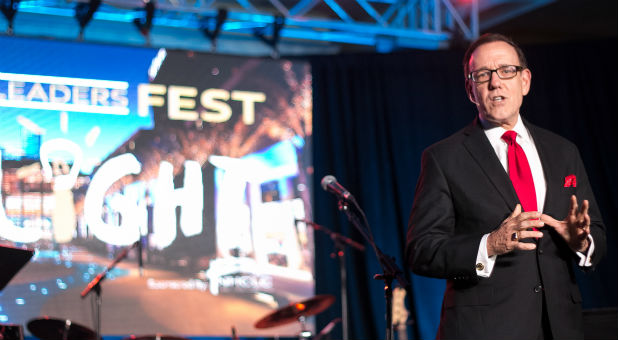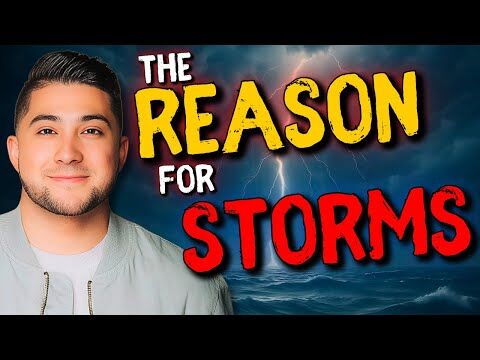Last weekend I had the privilege of speaking at the National Hispanic Christian Leadership Conference Latin Leaders Fest in Anaheim, California, led by my longtime friend Sam Rodriguez.
With a convention theme of “Be Light,” I called the crowd of more than 1,000 to “be light in the marketplace” and to create wealth in order to advance the kingdom of God. I felt it was a vision the Lord wanted me to share, and Sam told me he felt it was prophetic.
I believe the NHCLC through Sam’s leadership has a prophetic voice to our nation. Sam and the other leaders have stood strong in the face of increasing compromise in the church. They are bold in articulating biblical values, and the secular press, politicians and others seek them out and then listen to what they say. While I was there, Sam was interviewed by both CNN and Fox. And presidential candidates Donald Trump and Hillary Clinton both sent short, rather bland videos that were shown before the service began, with careful attention not to seem to endorse one or the other!
Yet despite this influence and size, the Hispanic church is hampered in what they can accomplish by lack of money. Many of their 40,000 churches are small, and most of their constituents are about the same demographically as Hispanics around the nation. Not many are wealthy.
While there are many wonderful Hispanic leaders, the movement is often hampered by small-minded competitive leaders. For example, some Hispanics were making trouble for Rodriguez merely because he said on secular TV he didn’t believe Donald Trump is a racist. They tried to twist that into an endorsement of Trump—which it was not.
I remembered hearing how Yonggi Cho, the Korean pastor who built the largest church in the world, was invited to Australia in the early 1980s. At the time, the Australian Pentecostals had small churches, and their pastors were discouraged. Cho challenged them to believe in God to use them, to build great churches and to impact Australia and the world. At the time, it seemed impossible. But a top Australian leader told me that something shifted after Cho’s visit.
Today the Assemblies of God is exploding in Australia, and it is the largest Protestant denomination in that country. Plus, Hillsong in Sydney and Planetshakers in Melbourne—both Assemblies of God churches—are not only large but also have influence around the world!
So I boldly threw out the vision that if 1,000 members of the NHCLC could believe God to accumulate $1 million, that would be an amazing $1 billion that could be used for God’s kingdom.
I made it clear this is not the so-called “prosperity gospel,” which is based on a faulty translation of 1 John 2. A more correct translation that does not even use the word “prosper” is in the Modern English Version: “Beloved, I pray that all may go well with you and that you may be in good health, even as your soul is well.”
Many preach that you give to the Lord in order to “get” prosperity.
Instead, I suggested “getting” (creating wealth) in order to give!
Many Christians seem to believe money is the root of all evil. Actually, it’s the love of money that’s the root of all evil. Many poor people also “love” money even though they may not have any.
At the same time, businessmen like the late S. Truett Cathy, who founded Chick-fil-A, and David Green, who founded Hobby Lobby, are well-known for using their great wealth to help Christian causes. Most large ministries usually have some major donors behind the scenes who help them financially to accomplish their missions.
“Why can’t that be done in the Hispanic church? Why do saints struggle? Why do many take handouts from the government? Instead, we should be the head and not the tail,” I told the crowd.
“So I challenge you: Get a vision for what God can do in your life. Get a good education and move to positions of power and influence and good pay. Or start a business like I did. Meet a need. Work hard. Be frugal and save money. Invest it, and you can see it grow. If you work and save, you can build up assets.”
I said more, of course, but I felt these points might inspire some of my readers. Do you agree with me? If this resonates with you, be sure to share this with friends.












































